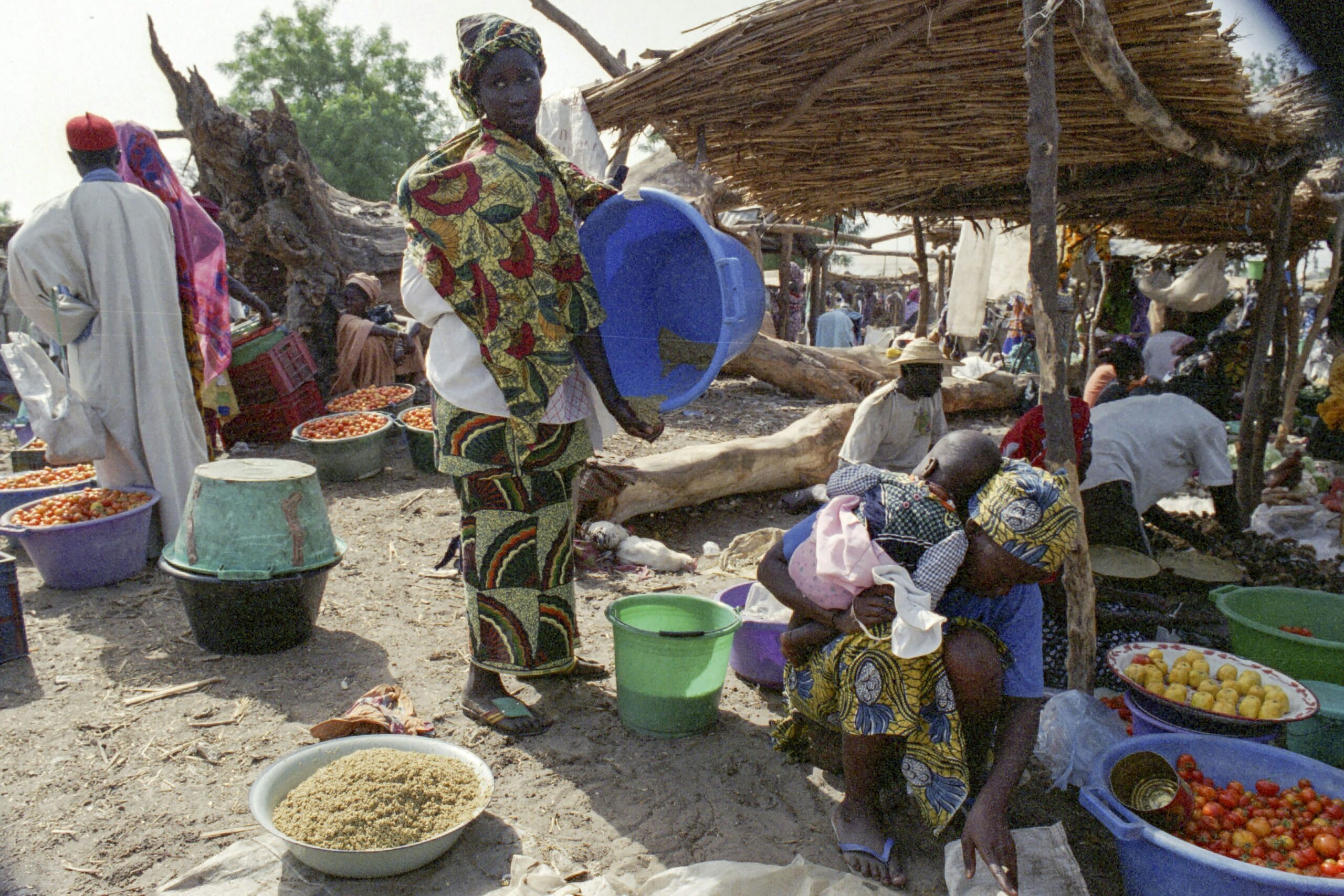
In northern Nigeria, a region already grappling with the devastating impacts of conflict and economic instability, a recent and drastic reduction in US funding has forced critical aid organizations to reduce or entirely halt their operations. This funding cutback is deepening a hunger crisis that threatens millions, particularly children, in one of the country’s most vulnerable areas.
Key Facts
- The World Food Programme (WFP), along with other NGOs, has significantly scaled back operations due to a 75% cut in US financial aid to global aid programs since February.
- As a result, WFP has shut down over half of its nutrition clinics in northeast Nigeria, affecting approximately 300,000 children.
- The region of northeast and northwest Nigeria is experiencing its most severe food crisis in years, exacerbated by ongoing conflicts with Boko Haram and bandit groups, which disrupt food supplies and exacerbate malnutrition among displaced populations.
Background
The hunger crisis in northern Nigeria is not a new concern but has reached alarming levels due to recent developments. Historically, the area has been a battleground for Boko Haram since 2011, leading to mass displacement and severe disruption of agricultural activities. The situation is further complicated by climate shocks in an increasingly arid region. Previously, international aid, notably from the United States, provided a lifeline by supporting food distributions and healthcare services essential for survival.
Impact of Funding Cuts
The recent US decision to slash aid has left the World Food Programme and other NGOs scrambling to manage with dwindling resources. In August, the WFP was forced to close numerous nutrition clinics, a critical blow during the ‘lean season’ before harvests when food stocks are at their lowest. Emmanuel Bigenimana, the head of the WFP’s operations in northeast Nigeria, highlighted the direness of the situation as the organization distributed its last grain reserves in July, signaling a distressing milestone with ‘no more food’ available for the displaced populations relying on their assistance.
Local Responses and Ongoing Challenges
Locals, such as Zara Ali and her malnourished daughter Amina, exemplify the human cost of these cuts. Ali’s family, displaced by the Boko Haram conflict, has faced repeated health crises exacerbated by the reduced availability of aid. The closure of aid clinics that provided free treatments has left many without essential services, pushing families to the brink of survival. Farmers like Mustapha Modu, despite the risks of attacks by insurgents, attempt to cultivate their lands to fend off hunger, underscoring the desperation that grips the region.
Looking Ahead
With aid organizations operating at reduced capacity, the immediate future looks grim for northern Nigeria. The WFP estimates that at least $130 million is needed to restore its operations to full capacity. Without swift international intervention, the region risks descending further into a cycle of violence and hunger, threatening the lives and stability of millions. The international community’s response in the coming months will be critical in averting a larger humanitarian disaster.